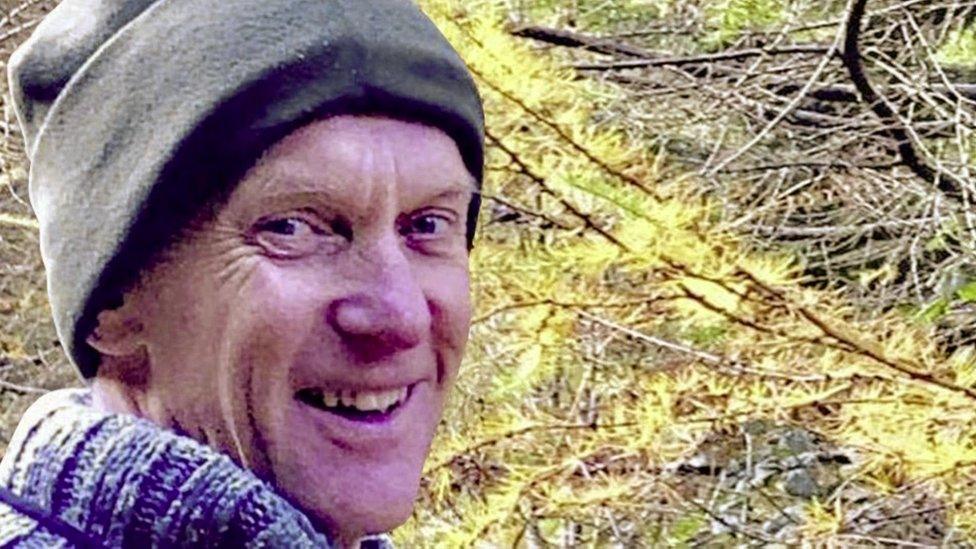Michael Watt: Tribunal finds his fitness to practise 'impaired'
- Published

Michael Watt worked at the Royal Victoria Hospital as a neurologist
The fitness to practise of a former neurologist at the centre of Northern Ireland's biggest ever patient recall is "impaired", a tribunal has found.
It ruled his fitness to practise was affected by "reason of deficient professional performance" on Friday.
A decision will be taken on Monday on what sanction, if any, should be taken against Michael Watt.
About 3,000 patients were invited to be re-examined in 2018 after concerns were raised about Michael Watt.
An assessment by the General Medical Council (GMC) found patients were put at unnecessary risk because of incorrect diagnoses and unnecessary treatments.
The GMC assessors' report found these included "patients being incorrectly diagnosed with epilepsy and multiple sclerosis - diagnoses that have a major impact on peoples' lives".
On Thursday, the Medical Practitioners Tribunal Service (MPTS) upheld the GMC's assessment.
'Stark, serious, repeated and numerous'
The tribunal found that Dr Watt's performance had been unacceptably low across several categories.
These included maintaining professional performance, the assessment of patients' conditions, clinical management, record-keeping, and relationships with patients.
The panel determined that Dr Watt's failures were "stark, serious, repeated and numerous".
Michael Watt has been out of active practice since 2017.
A previous tribunal granted him voluntary removal from the medical register, meaning he would not face a public hearing.
However, that decision was overturned in the High Court earlier this year following an appeal by two of his former patients.
The new hearing into his fitness to practise began in September.
Last week, Michael Watt's legal team withdrew from the process citing concerns about his "serious mental health condition".
The panel has continued with the hearing in his absence.
Erasure from medical register
On Friday, Charles Garside KC, acting for the GMC, argued that Dr Watt should be erased from the medical register.
He acknowledged that while the neurologist has no criminal convictions and he had a long career with an "unblemished record" his performance in the latter years was "not sufficiently good".
"Aggravating features in this case include the fact that there has been no garnishment of fault, no remediation, no acceptance that any damage was caused to patients," Mr Garside said..
"There is no evidence of insight and the assessors found no insight when they were talking to Dr Watt about his practice."
He added that he believes erasure from the medical register is the only means of protecting the public.
"My submission is that Dr Watt did present a risk to patient safety, but even if he didn't, given the surrounding circumstances of this case and the massive disquiet that must have been caused to not only the patients recalled, but to their families and friends, the necessity for erasure here is not only to protect patients but to maintain public confidence."
Related topics
- Published2 November 2023

- Published27 October 2023

- Published20 April 2021
